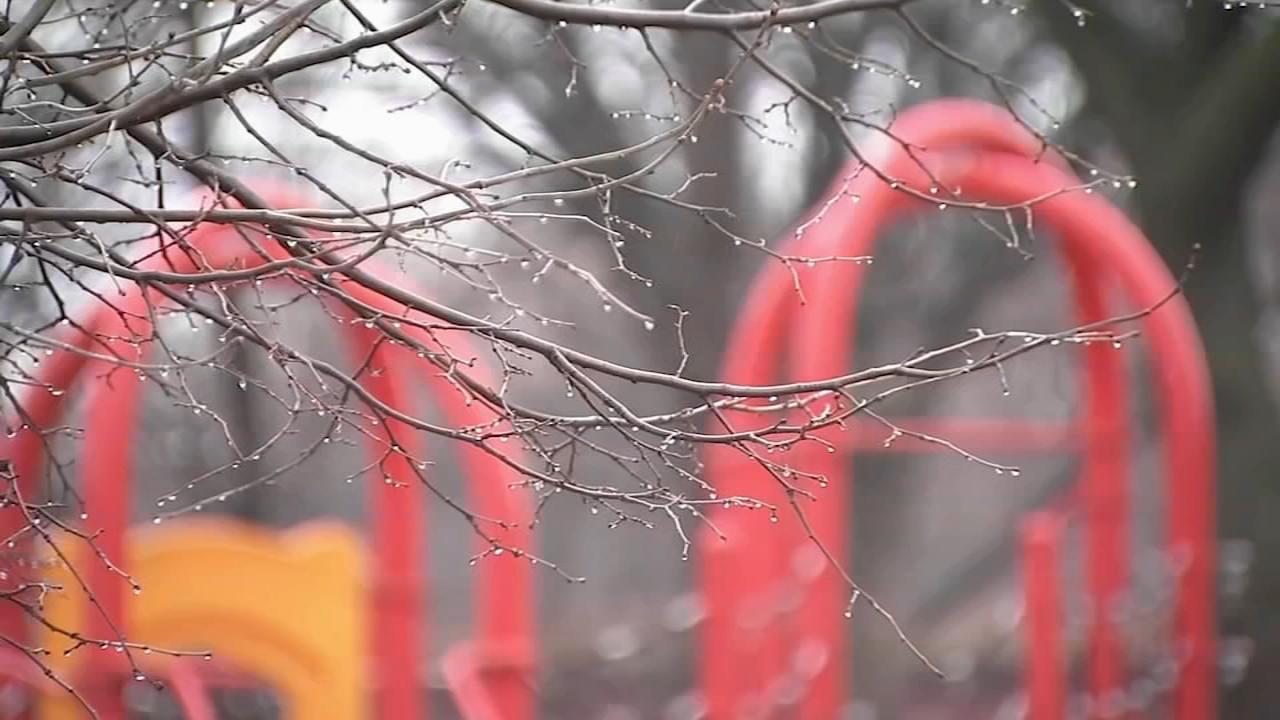Chicago twins likely cornerstone of burgeoning case against El Chapo

CHICAGO (WLS) -- Federal prosecutors trying to put away billionaire drug lord El Chapo for life will depend on covert recordings featuring the kingpin himself, according to a new government memo.
Of the estimated 1,500 secret recordings, those made in 2008 by Chicago brothers Pedro and Margarito Flores are considered among the most incriminating against Joaquin "El Chapo" Guzman.
The Flores twins, who hail from Chicago's Little Village neighborhood, recorded face-to-face meetings with El Chapo and the leadership of his Sinaloa Cartel. The cartel bosses apparently had no idea they had been betrayed by the Flores siblings, who were cooperating with federal authorities.
At least one of the conversations took place at the drug lord's mountaintop compound in Mexico and was recorded via a wire being worn by Margarito Flores. Although not called out by name in the new court filing, the twin brothers from Chicago are expected to be witnesses at Chapo's first trial in New York City set for September. The drug-dealers-turned-informants are in protective custody after pleading guilty and being sentenced to 14 years each for running a $2 billion U.S. empire for the cartel.
In the prosecution memo, a rich history of cartel drug operations is presented. In the early days they say that Joaquin Guzman was known as "El Rapido" due to the speed with which he delivered the cocaine to U.S. markets. Morphing into the nickname "El Chapo"-or Shorty- he became the dominant dealer of cocaine and heroin in metro Chicago, controlling 80% of all illicit street drug sales according to federal agents.
Prosecutors say El Chapo used exotic methods of smuggling drugs into the U.S. including once packing seven tons of cocaine in cans of jalapenos. His cartel also has relied upon a fleet of aircraft, submarines and even drones. Prosecutors also say they have satellite photos of the kingpin and his operation, ledgers of drug deals, text messages and emails, and more than 300,000 pages of documents.
Authorities are asking the court to allow a broad description of El Chapo's career for jurors, a career they say predates 1989. Prosecutors contend that he paid off legal and law enforcement officials to avoid interdiction of the criminal activity and that he committed kidnappings, torture and murder as a means of enforcing Cartel rules. There is evidence that El Chapo was involved in a 1992 drug-gang shootout at a Puerto Vallarta, Mexico, nightclub that left six people dead according to federal agents.
Prosecutors also maintain that Chapo managed drug trafficking activity while he was imprisoned in Mexico from 1993 to 2001.
They say his Sinaloa cartel began moving into a new product line in late 2014: Fentanyl. The painkiller that El Chapo allegedly referred to as "synthetic heroin" that would be either imported from China or manufactured at labs in Mexico. He is not charged with trafficking fentanyl but prosecutors want to be able to present that as evidence of a continuing criminal enterprise.
Prosecutors also want the judge to exclude certain topics, including charitable works that El Chapo allegedly performed in Mexico and a January 2016 Rolling Stone article by actor Sean Penn, which said El Chapo was "a Robin Hood-like figure."
Chapo's lawyer, Eduardo Balarezo, said he was reviewing the government memo and would "respond in due course."










